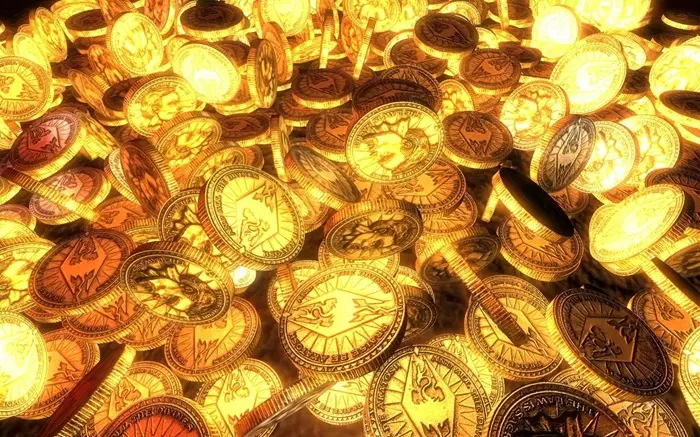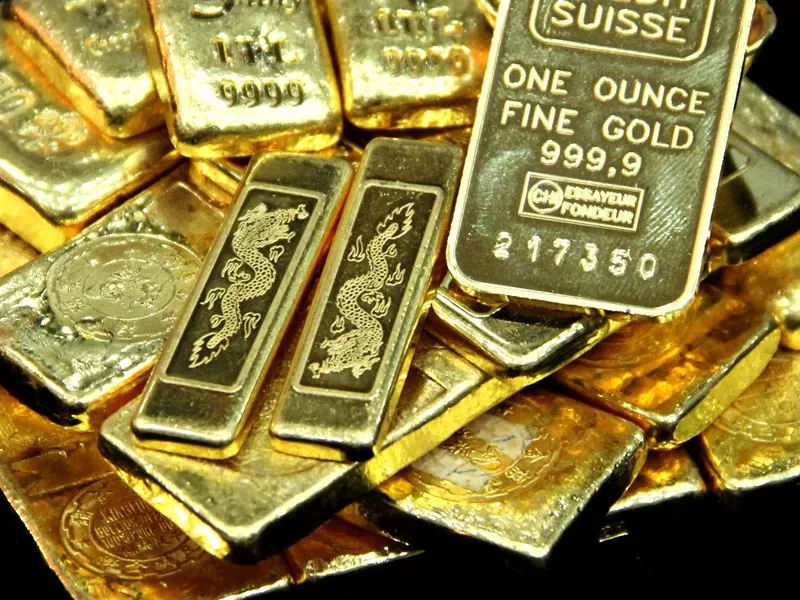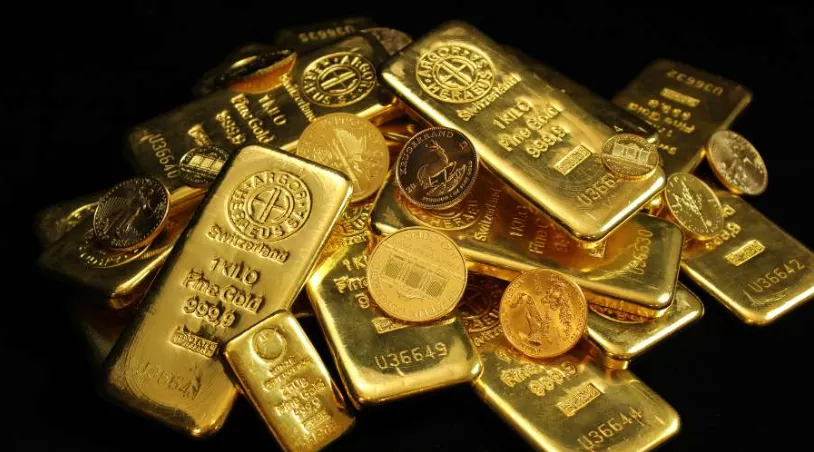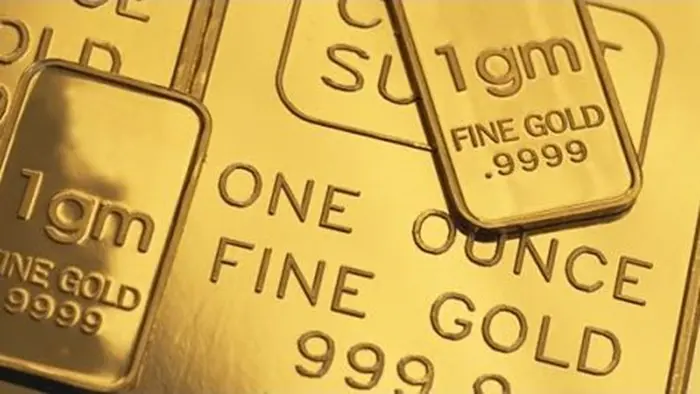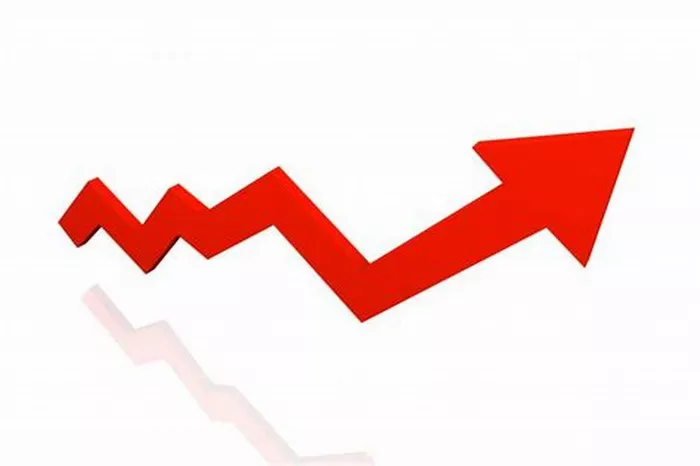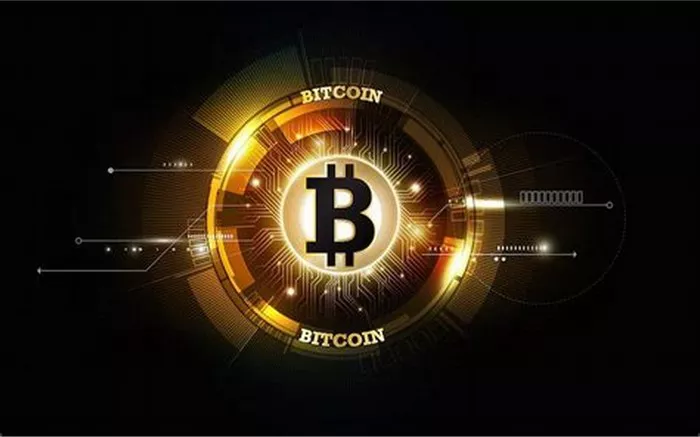Gold has played a significant role in the history, culture, and economy of West Africa. The region is renowned for its rich deposits of gold and has a deep historical connection to this precious metal. This article will explore the origins of gold in West Africa, its historical significance, mining practices, and its impact on societies throughout the ages.
Introduction to Gold in West Africa
Significance of Gold
Gold has been a symbol of wealth and power throughout human history. In West Africa, gold has been more than just a commodity; it has been intertwined with the region’s identity and culture. The discovery and trade of gold significantly shaped the civilizations that emerged in the area.
Overview of West Africa’s Geography
West Africa consists of several countries, including Nigeria, Ghana, Mali, Burkina Faso, and Senegal. The region is characterized by diverse landscapes, including savannas, forests, and river basins. These geographic features have contributed to the development of rich natural resources, including gold.
Historical Context of Gold Mining in West Africa
Ancient Civilizations
The Ghana Empire
The Ghana Empire, which flourished from around 300 to 1200 CE, was one of the first West African empires to capitalize on the region’s gold resources. It controlled the lucrative trans-Saharan trade routes and facilitated the exchange of gold for goods such as salt, textiles, and other commodities.
The Mali Empire
Following the decline of the Ghana Empire, the Mali Empire rose to prominence in the 13th century. The empire was founded by Sundiata Keita and reached its peak under Mansa Musa, known for his extravagant pilgrimage to Mecca. Mansa Musa’s wealth was largely derived from the empire’s vast gold resources, which were traded throughout the Mediterranean and beyond.
The Songhai Empire
The Songhai Empire succeeded the Mali Empire in the 15th century and became one of the largest empires in West Africa. Gold continued to play a vital role in the empire’s economy, as it controlled major trade routes and became a center for Islamic scholarship and culture.
Trade Routes and Gold Exchange
Trans-Saharan Trade Routes
The trans-Saharan trade routes were instrumental in connecting West Africa to North Africa and Europe. Gold from West Africa was exchanged for salt, textiles, and other goods. This trade contributed to the growth of powerful city-states such as Timbuktu and Gao, which became centers of commerce and learning.
European Exploration
In the late 15th century, European explorers, particularly the Portuguese, began to seek out gold in West Africa. Their interest in gold led to increased trade and interaction with local populations. European demand for gold contributed to the establishment of trading posts along the coast.
Geological Origins of Gold in West Africa
Gold Deposits and Geology
Geological Formations
West Africa’s gold deposits are primarily found in the Birimian Greenstone Belt, a geological formation that extends across several countries, including Ghana, Mali, and Burkina Faso. This belt is rich in minerals and provides ideal conditions for the formation of gold deposits.
Types of Gold Deposits
Gold in West Africa is found in various forms, including lode (hard rock) gold and placer (alluvial) gold. Lode gold is extracted from rock formations, while placer gold is found in riverbeds and streams, where it has been deposited through erosion.
Gold Mining Techniques
Traditional Mining Methods
Historically, gold mining in West Africa involved artisanal methods. Local communities employed simple tools, such as picks, shovels, and pans, to extract gold from riverbeds and small mines. These methods were labor-intensive and often yielded small quantities of gold.
Modern Mining Practices
Today, West Africa is home to several large-scale mining operations that utilize advanced technology and machinery. Companies like Barrick Gold, AngloGold Ashanti, and Kinross Gold have established significant mining operations in the region, extracting gold through both open-pit and underground mining methods.
Economic Impact of Gold in West Africa
Contributions to National Economies
GDP Contributions
Gold mining significantly contributes to the economies of several West African countries. In Ghana, for example, gold is the largest export commodity, accounting for a substantial portion of the country’s GDP. Similarly, gold mining in Mali and Burkina Faso has become a key driver of economic growth.
Employment Opportunities
The gold mining industry provides employment opportunities for thousands of people in West Africa. From artisanal miners to workers in large mining companies, the sector supports local economies and contributes to livelihoods.
Challenges and Sustainability
Environmental Impact
Gold mining has environmental consequences, including deforestation, soil degradation, and water pollution. The use of chemicals like cyanide in mining processes can have detrimental effects on local ecosystems.
Socioeconomic Issues
While gold mining creates economic opportunities, it can also lead to socioeconomic challenges. Issues such as land disputes, displacement of communities, and labor exploitation have been reported in various mining regions.
See Also: Where Do I Sell Gold?
Cultural Significance of Gold in West Africa
Gold in African Traditions
Symbol of Wealth and Status
Gold has long been a symbol of wealth and status in West African cultures. It is often used in jewelry, adornments, and ceremonial objects. Gold items are considered prestigious and are associated with power and authority.
Spiritual Beliefs
In many West African cultures, gold holds spiritual significance. It is often associated with deities and used in religious ceremonies. Gold is believed to possess protective qualities and is sometimes buried with the deceased as a form of tribute.
Art and Craftsmanship
Goldsmithing
The art of goldsmithing has deep roots in West Africa. Skilled artisans create intricate gold jewelry and objects, showcasing the region’s craftsmanship. Traditional goldsmithing techniques have been passed down through generations and continue to thrive today.
Cultural Artifacts
Gold artifacts from West Africa, such as the famous Benin Bronzes and gold masks, are celebrated for their artistic and cultural value. These objects reflect the historical importance of gold and its role in shaping West African identities.
Modern Developments in Gold Mining
Regulatory Frameworks
Government Policies
West African governments have implemented policies to regulate the gold mining industry. These regulations aim to ensure sustainable practices, protect the environment, and promote the welfare of local communities.
International Standards
In recent years, international organizations and NGOs have advocated for responsible mining practices. Initiatives such as the Extractive Industries Transparency Initiative (EITI) aim to promote transparency and accountability in the mining sector.
Future Prospects
Technological Advancements
Advancements in mining technology hold promise for improving efficiency and reducing the environmental impact of gold mining. Innovations such as automated machinery and improved extraction techniques may enhance productivity.
Investment Opportunities
West Africa remains an attractive destination for foreign investment in the gold mining sector. With significant untapped resources and favorable geological conditions, the region presents opportunities for growth and development.
Conclusion
Gold has a rich and complex history in West Africa, deeply intertwined with the region’s culture, economy, and identity. From ancient empires to modern mining operations, gold has shaped the lives of countless individuals and communities.
Understanding the origins and significance of gold in West Africa is crucial for appreciating its enduring legacy. As the industry continues to evolve, it is essential to balance economic growth with sustainability and social responsibility.
In summary, gold in West Africa is not just a commodity; it is a symbol of heritage, a driver of economic development, and a source of pride for many. The future of gold mining in the region will depend on responsible practices that honor the cultural and environmental legacies of this precious metal.
Related topics:
- How Much Does a Bar of Gold Weigh in Pounds?
- How Much is a One Dollar Gold Coin Worth?
- When is the Best Time to Sell Gold?

